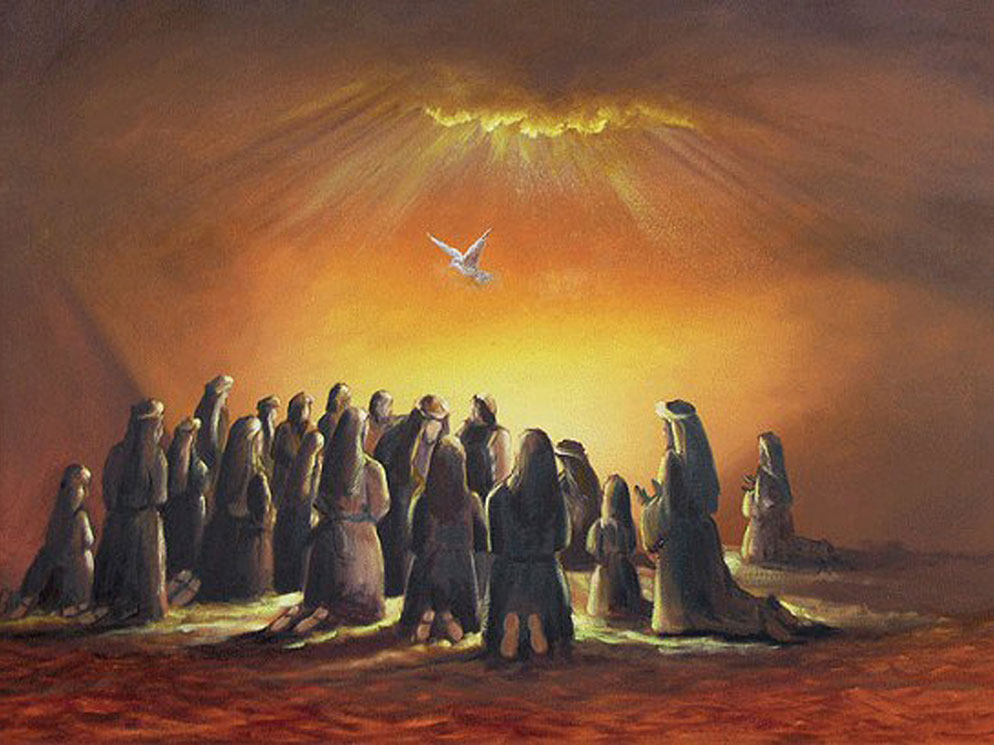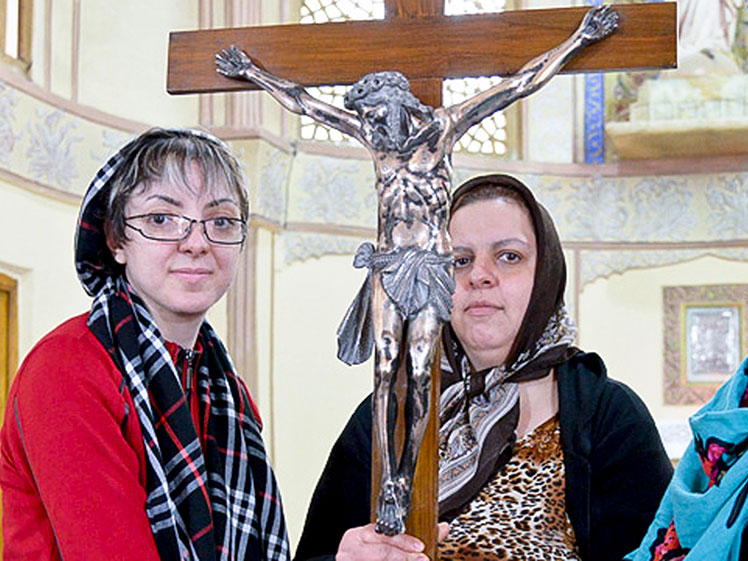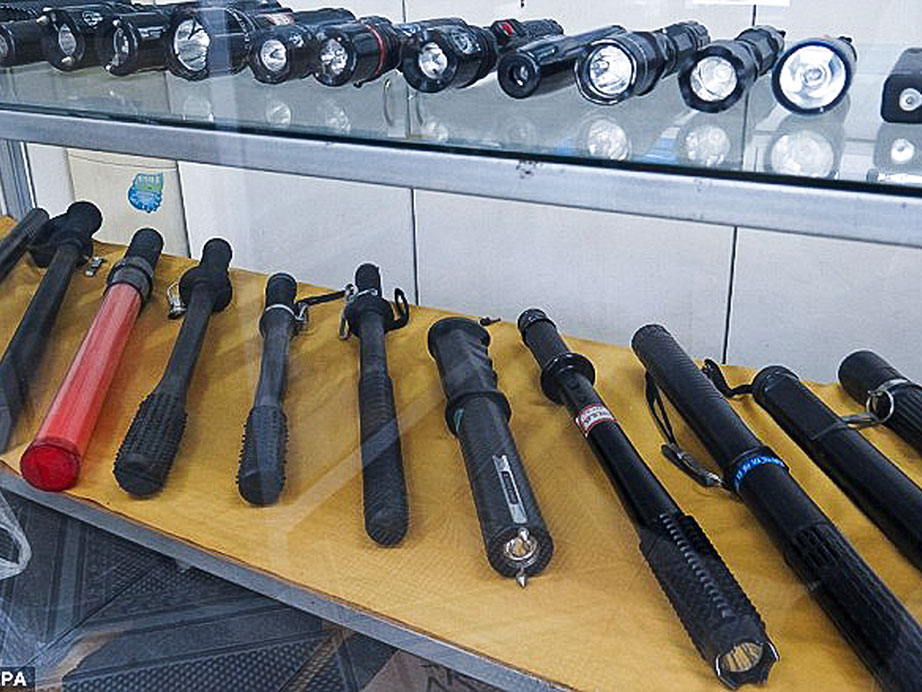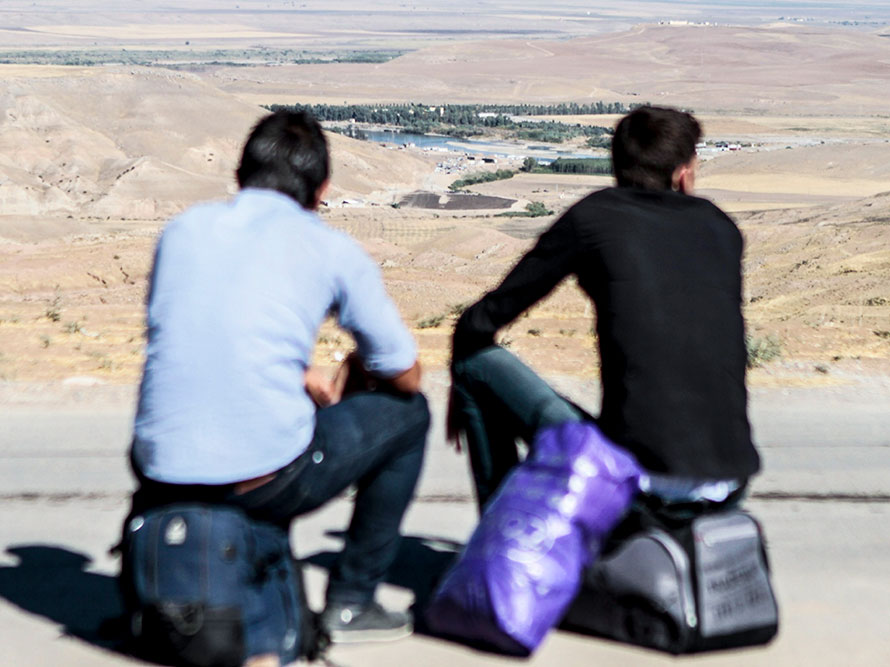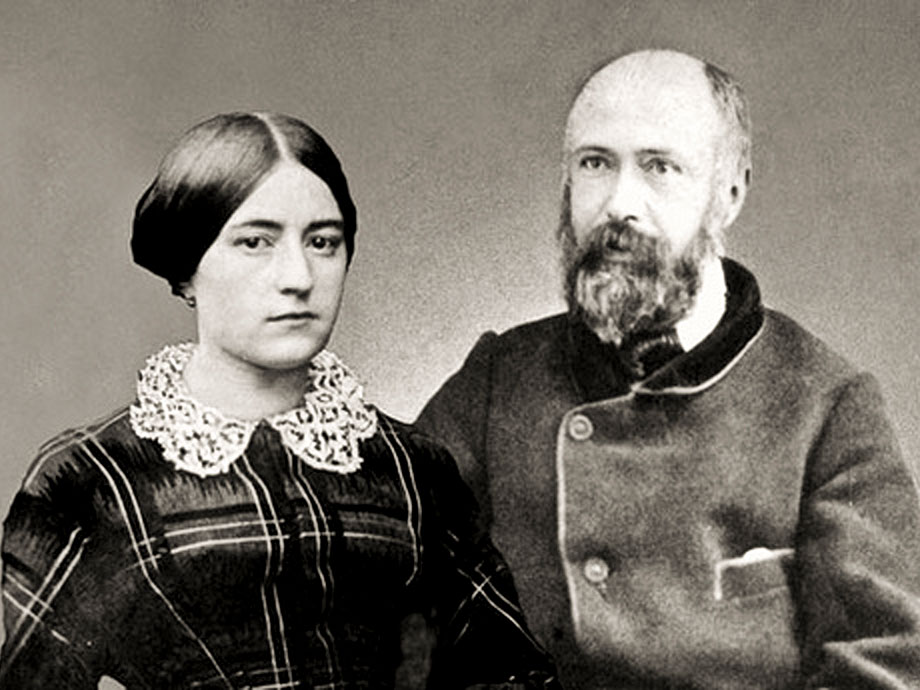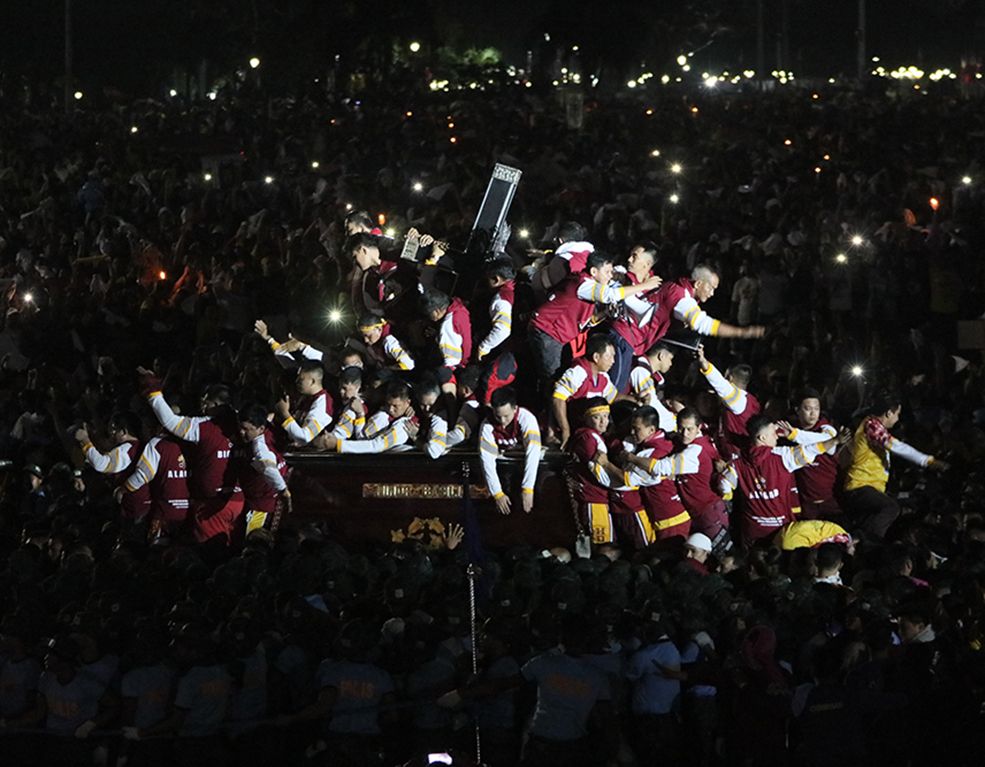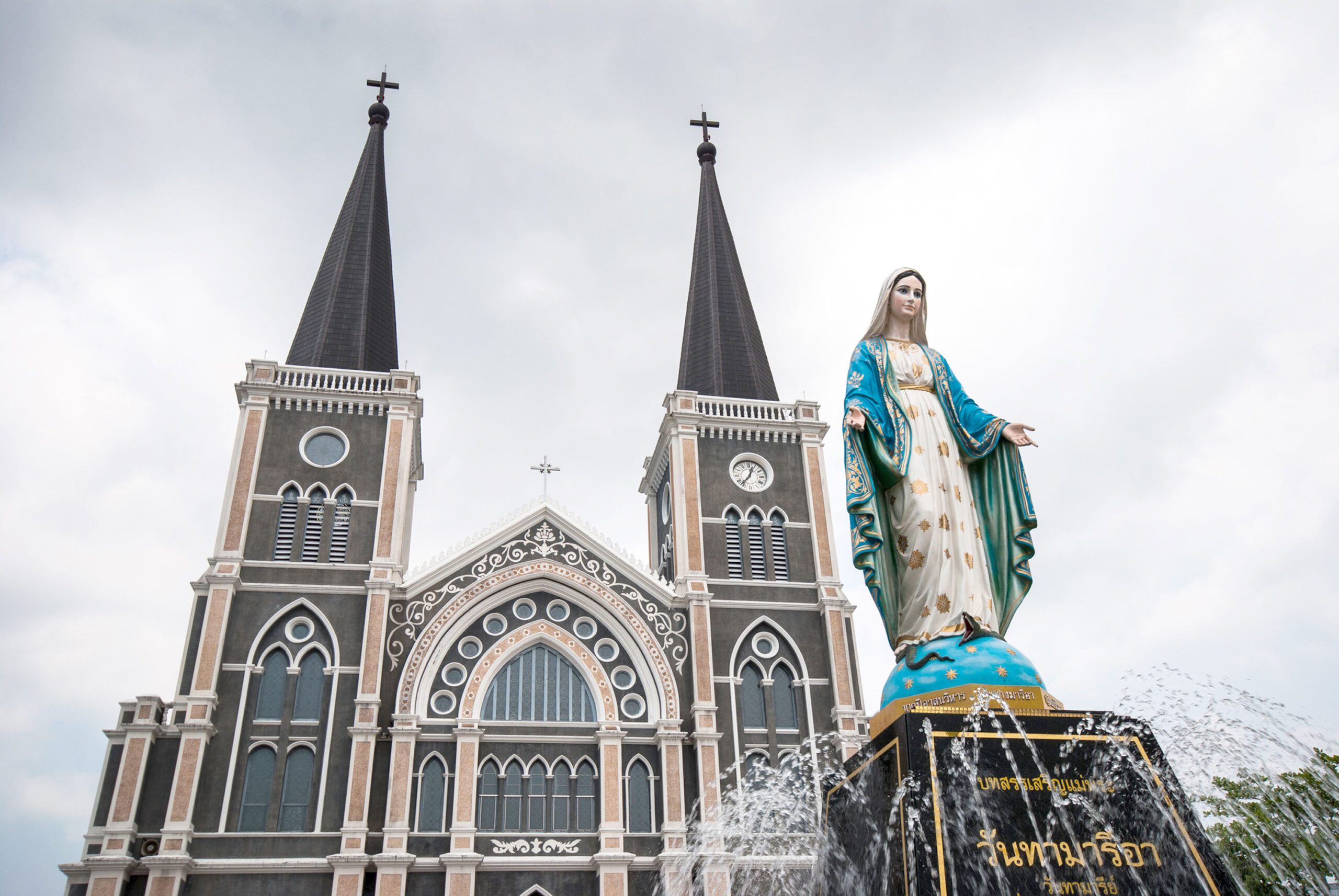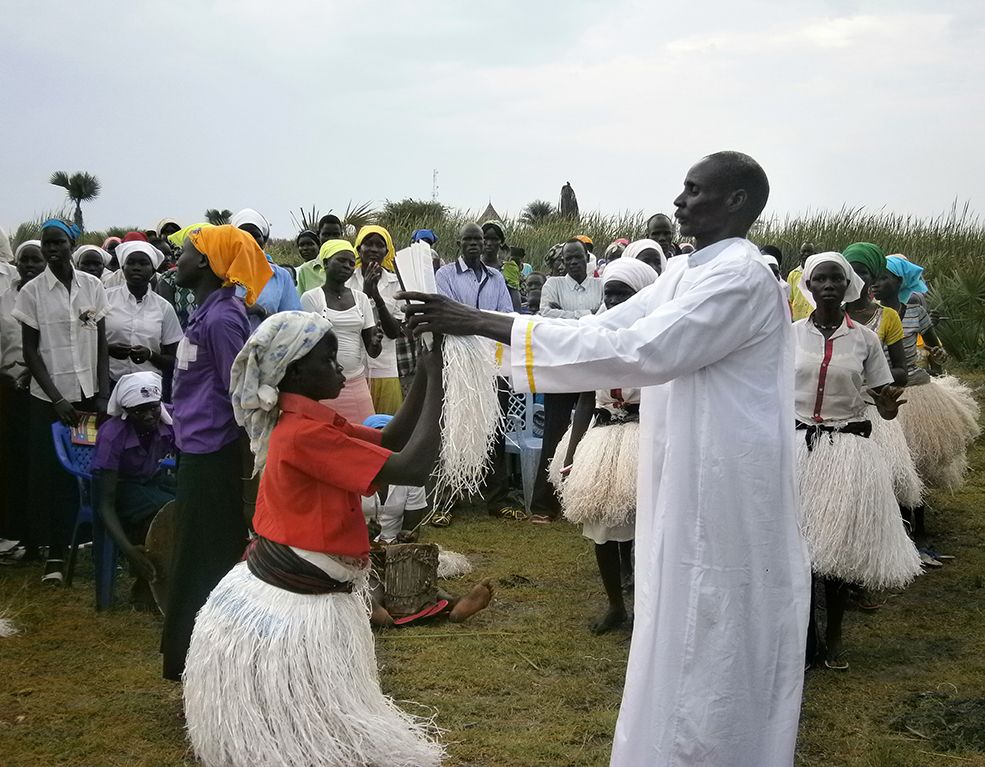Evangelii Gaudium does not fail to situate the Person and Mission of the Holy Spirit in the framework of the life, communion and mission of the Blessed Trinity. In fact, evangelization takes off from the missionary mandate of Jesus in a Trinitarian fashion, when He told His apostles: “Go … and make disciples of all nations, baptizing them in the name of the Father and of the Son and of the Holy Spirit” (Mt 28:19-20).
In encountering cultural diversity in missionary activity, we are reminded that “cultural diversity is not a threat to Church unity” [EG 117] because diversity is at the very heart of the nature of the Triune God; for this, the “Holy Spirit, sent by the Father and the Son, transforms our hearts and enables us to enter into the perfect communion of the Blessed Trinity where all things find their unity” [EG 117]. The Holy Spirit is the One who builds up this communion and harmony of the people of God because He is that harmony – the bond of love between the Father and the Son.
In addition, “the kerygma is Trinitarian” because “the fire of the Spirit is given in the form of tongues and leads us to believe in Jesus Christ who, by His death and resurrection, reveals and communicates to us the Father’s mercy” [EG 164].
This manner of presenting the Person of the Spirit in the context of the Blessed Trinity is crucial in present-day evangelizing endeavors. We can fall into the current post-modern ways of individualism and relativism even in our work of proclaiming the Gospel. We continue to experience having charismatic movements running parallel to the pastoral program of the local Church that call themselves trans-parochial. Similarly, we still find some religious communities of women, and more so of men, which do not bother to integrate their ministerial effort with that of the diocese where they are found. In such work of evangelization, without the Holy Spirit as the main component to bring the bonds of unity in diversity, preaching-and-curing activities will flounder along the way. They will even look like some form of fundamentalist sects.
In this light, the Apostolic Exhortation reiterates that “it is He (the Spirit) who brings forth a rich variety of gifts while, at the same time, creating a unity which is never a uniformity but multifaceted and inviting harmony. Evangelization joyfully acknowledges these varied treasures which the Holy Spirit pours out in the Church” [EG 117]. Moreover, “the Holy Spirit enriches the entire evangelizing Church with different charisms… These gifts are meant to renew and build up the Church. They are not an inheritance, safely secured and entrusted to a small group for safekeeping; rather they are gifts of the Spirit integrated into the body of the Church, drawn to the center which is Christ and then channelled into an evangelizing impulse” [EG 130].
Evangelii Gaudium continues in the same vein when it states: “Differences between persons and communities sometimes prove uncomfortable, but the Holy Spirit who is the Source of that diversity, can bring forth something good from all things and turn it into an attractive means of evangelization. Diversity must always be reconciled by the help of the Holy Spirit; He alone can raise up diversity, plurality and multiplicity while, at the same time, bringing unity” [EG 131].
THE JOY OF THE GOSPEL
The element of joy, as embodied in the Exhortation’s title, is linked with the presence of the Holy Spirit in the work of evangelization.
Earlier in his introduction, the Holy Father belabors the fact that “God’s voice is no longer heard, the quiet joy of His love is no longer felt, and the desire to do good fades. Many fall prey to it, and end up resentful, angry and listless” [EG 2]. Pope Francis is certain that “this … is not God’s will for us, nor is it the life in the Spirit which has, as its source, the heart of the Risen Christ” [EG 2]. Rather, the fact that the Gospel consists in the glory of Christ’s Cross, proclaiming “it constantly invites us to rejoice…, just as Jesus Himself ‘rejoiced in the Holy Spirit’” (Lk 10:21), [EG 5].
He harps on this idea again when he states that “the Gospel of Joy, which enlivens the community of disciples, is a missionary joy. The seventy-two disciples felt it as they returned from their mission (cf Lk 10:17). Jesus felt it when He rejoiced in the Holy Spirit and praised the Father for revealing Himself to the poor and the little ones (cf Lk 10:21). It was felt by the first converts who marvelled to hear the apostles preaching “in the native language of each” (Acts 2:6) on the day of Pentecost” [EG 21].
For this reason, while the present context of the world seems enveloped with crisis, Pope Francis points out an important characteristic of the missionary disciple: “What I would like to propose is something much more in line of an evangelical discernment. It is the approach of a missionary disciple, an approach ‘nourished by the light and strength of the Holy Spirit’” (John Paul II, Pastores dabo vobis, 10), [EG 50].
He holds that when we “see realities with the eyes of faith, we cannot fail to acknowledge what the Holy Spirit is sowing. It would show a lack of trust in His free and unstinting activity to think that authentic Christian values are absent where great numbers of people have received their baptism and express their faith and solidarity with others in a variety of ways. This means more than acknowledging occasional “seeds of the Word,” since it has to do with an authentic Christian faith which has its own expressions and means of showing its relationship to the Church” [EG 68]. “With (these) eyes of faith, we can see the light which the Holy Spirit always radiates in the midst of darkness, never forgetting that ‘where sin increased, grace has abounded all the more” (Rom 5:20). Fifty years after the Second Vatican Council, while distressed by the troubles of our age and far from naive optimism, our greater realism must not mean any less trust in the Spirit or less generosity” [EG 84].
Indeed, there is no room for pessimism in the midst of difficulties and darkness when the missionary embraces that full trust in the Holy Spirit as the Animating Agent of all evangelization. Rather, the Holy Father is certain that “if we really believe in the abundantly free working of the Holy Spirit, we can learn so much from one another! It is not just about being informed about others, but rather about reaping what the Spirit has sown in them, which is also meant to be a gift for us. For example, in the dialogue with our Orthodox brothers and sisters, we Catholics have the opportunity to learn more about the meaning of episcopal collegiality and their experience of synodality. Through an exchange of gifts, the Spirit can lead us ever more fully into truth and goodness” [EG 246].
Even when confronted with the sheer number of unbelievers, Pope Francis states that “while these {non-Christians} lack the meaning and efficacy of the sacraments instituted by Christ, there can be channels which the Holy Spirit raises up in order to liberate non-Christians from the atheistic immanentism or from purely individual religious experiences. The same Spirit everywhere brings forth various forms of practical wisdom which help people to bear suffering and to live in greater peace and harmony” [EG 254].
For this reason, the Holy Spirit surprises the zealous missionary because He “works as He wills, when He wills and where He wills” [EG 279]; for this reason, we need to entrust ourselves to Him “without pretending to see striking results” [EG 279].
SPIRIT-FILLED EVANGELIZERS
In the 4th chapter of the Exhortation, Pope Francis defines a much-needed quality in order to be effective evangelizers today: becoming Spirit-filled. So who are the Spirit-filled evangelizers?
“Spirit-filled evangelizers are evangelizers who are fearlessly open to the working of the Holy Spirit. At Pentecost, the Spirit made the Apostles go forth from themselves and turned them into heralds of God’s wondrous deeds, capable of speaking to each person in his or her own language. The Holy Spirit also grants the courage to proclaim the newness of the Gospel with boldness {parrhesia} in every time and place, even when it meets with opposition” [EG 259].
“Whenever we say something is ‘spirited,’ it usually refers to some interior impulse which encourages, motivates, nourishes and gives meaning to our individual and communal activity. Spirit-filled evangelization is not the same as a set of tasks dutifully carried out despite one’s own personal limitations and wishes. How I long to find words to stir up enthusiasm for a new chapter of evangelization full of fervor, joy, generosity, courage, boundless love and attraction! Yet I realize that no words of encouragement will be enough unless the fire of the Spirit burns in our hearts. A Spirit-filled evangelization is one guided by the Holy Spirit, for He is the Soul of the Church called to proclaim the Gospel” [EG 261]. Eventually, “Spirit-filled evangelizers are evangelizers who pray and work” [EG 262].
Without prayer, all our activity risks being fruitless and our message empty. For this reason, the Holy Father asks the missionary disciple to “call upon Him today, (and be) firmly rooted in prayer” [EG 261]; he invokes the Holy Spirit, and implores Him “to come and renew the Church, to stir and impel her to go forth boldly to evangelize all peoples” [EG 262].
Pope Francis concludes that, “there is no greater freedom than that of allowing oneself to be guided by the Holy Spirit, renouncing the attempt to plan and control everything to the last detail, and letting Him enlighten, guide and direct us, leading us wherever He wills. The Holy Spirit knows well what is needed in every time and place. This is what it means to be mysteriously fruitful!” [EG 280].

